
Yes, We Still Have To Work
In my roundup last week , I flagged some disappointing results for a basic income experiment. When people got US$1,000 a month, 2% of them stopped working. That's a significant amount, considering that $1,000 a month is not enough to really support anyone by itself.
It suggests that a much larger universal basic income (UBI) would cause a much larger percentage of people to stop working. That would increase the costs of the program, and probably doom it politically - the idea of having the government pay a large portion of the citizenry not to work is likely to be very unpopular.
When
I posted the result
on
Twitter
X, however, I got some interesting reactions. A number of people told me - often in angry, indignant terms - that paying people to take leisure is the whole
point
of basic income, and is a good and desirable thing. Here are just a few examples:
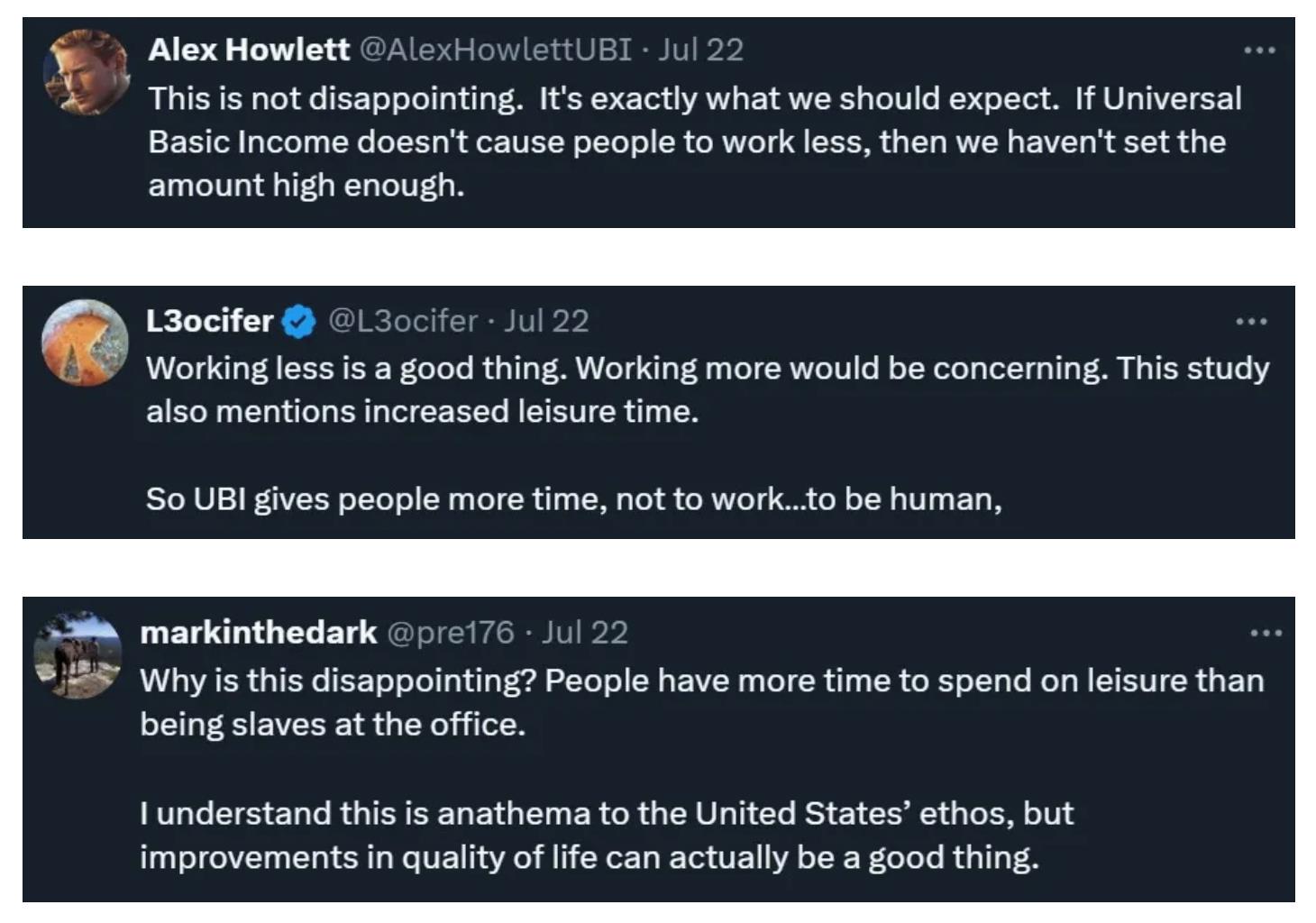
From an economic standpoint, this argument is unpersuasive. Yes, taking more leisure time is valuable - even if you drop out of the labor force entirely, you're still presumably doing something you like with all those spare hours.
But the benefit of that leisure has to be weighed against the cost of the lost production when the people stop working, plus the monetary cost of providing the UBI in the first place, and the deadweight loss of whatever taxes you had to use to transfer the money.
A welfare program that causes a significant number of people to stop working entirely is unlikely to pass any reasonable cost-benefit analysis. But what's interesting here is the deep antipathy to the idea of work that seems to have taken root among some on the political left.
Not everyone on the left, of course - back in the late 2010s there were fierce battles between supporters of UBI and supporters of a federal job guarantee. But I notice a bunch of leftist types these days basically saying that work - or at least, most work - is useless and pointless and should be abolished.
A prime example was the late David Graeber, whose 2018 book“Bullshit Jobs” was something of a sensation. Although Graeber doesn't support his argument very well - his list of“bullshit” jobs includes such obviously useful things as pizza delivery, dog washing, and corporate law1 - the notion that a large percentage of jobs could be eliminated without reducing real economic value appealed to a lot of people.
For less erudite and scholarly examples of leftist types who decry the idea of work, check out
r/antiwork .
I admit that I'm not a scholar of the history of leftist thought, but this feels like a vibe shift compared to the socialists of a century ago. Obviously, socialists in the early 20th century wanted workers' lives to be less back-breaking and toilsome, but“worker” was also an identity that socialists deeply valued and viewed as their core support group.
The
Labor Theory of Value
held that things were only valuable to the degree that it took work to create them (that theory is wrong, but it demonstrates what 20th century socialists cared about). Lenin vilified the bourgeoisie as being“those who shirk their work”, and the Soviet constitution
declared
that“He who does not work, neither shall he eat.”
For much of the 20th century, the great political struggle of the left was to reward workers more for their labor - to raise wages and benefits, to give workers more control over companies, and to raise the status and political power of workers as a group.
The people who designed the American welfare state took great pains to avoid the right's accusation that they were paying people not to work; as a result, US government programs are full of work incentives.
What has changed? The standard answer to that question will be something along the lines of“kids these days are just lazy”, but that's completely unsatisfying to me - even if it's true, which I doubt, it doesn't really answer the question. Laziness does not appear out of the void; there must be some cause.
In fact, the simplest answer is that nothing has really changed. The people who thump their copies of“Bullshit Jobs” and post on r/antiwork and troll anyone who questions UBI are probably a small minority of Americans (and many of them are not Americans at all).
After all, the share of Americans who say they're satisfied with their jobs has been rising pretty steadily since 2010:
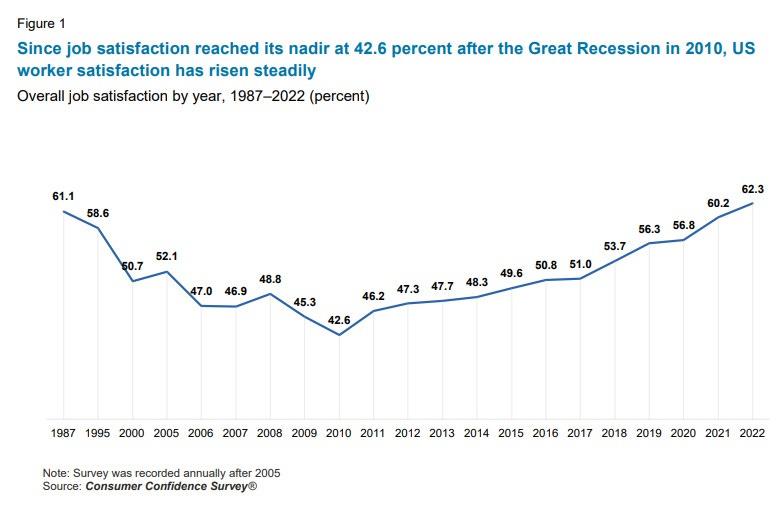
Source: Conference Board

Legal Disclaimer:
MENAFN provides the
information “as is” without warranty of any kind. We do not accept
any responsibility or liability for the accuracy, content, images,
videos, licenses, completeness, legality, or reliability of the information
contained in this article. If you have any complaints or copyright
issues related to this article, kindly contact the provider above.

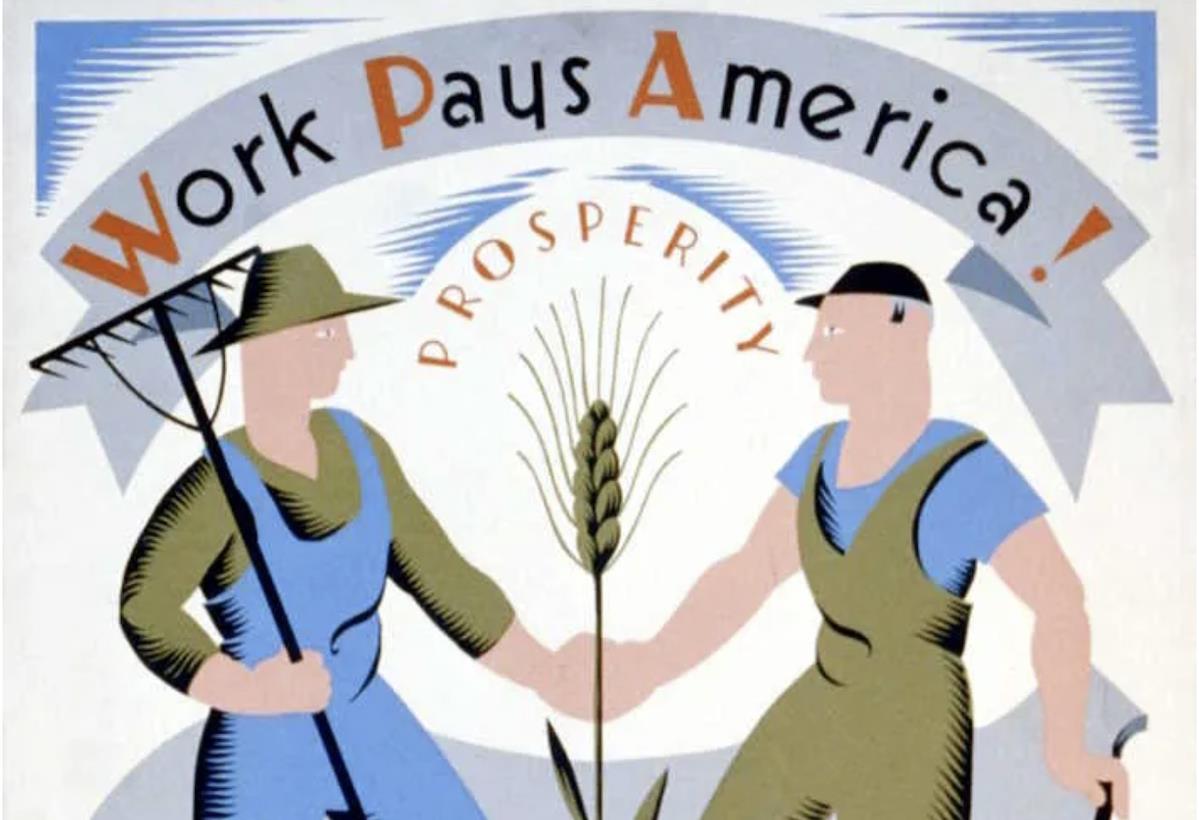



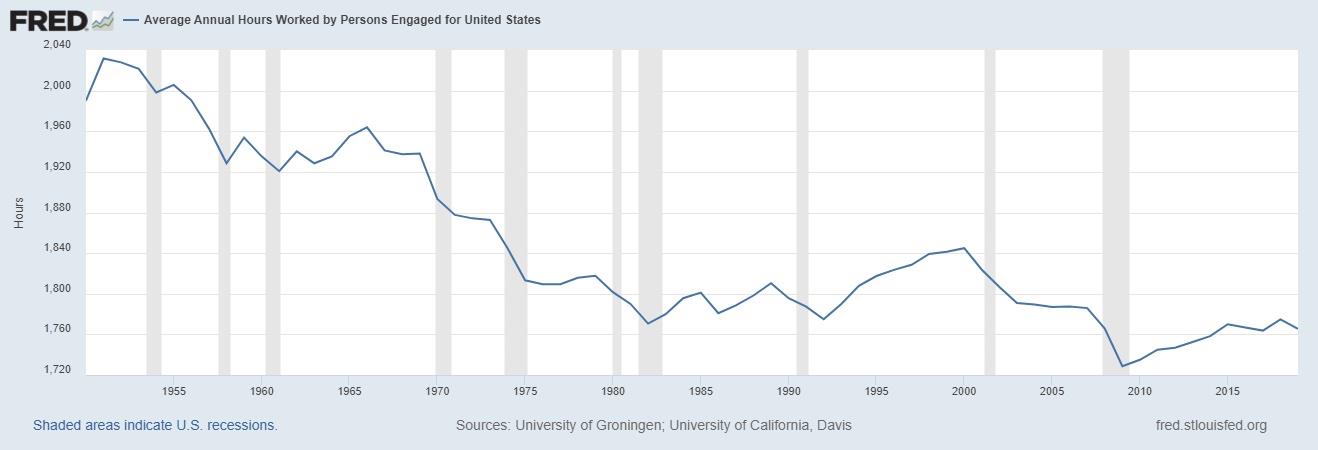
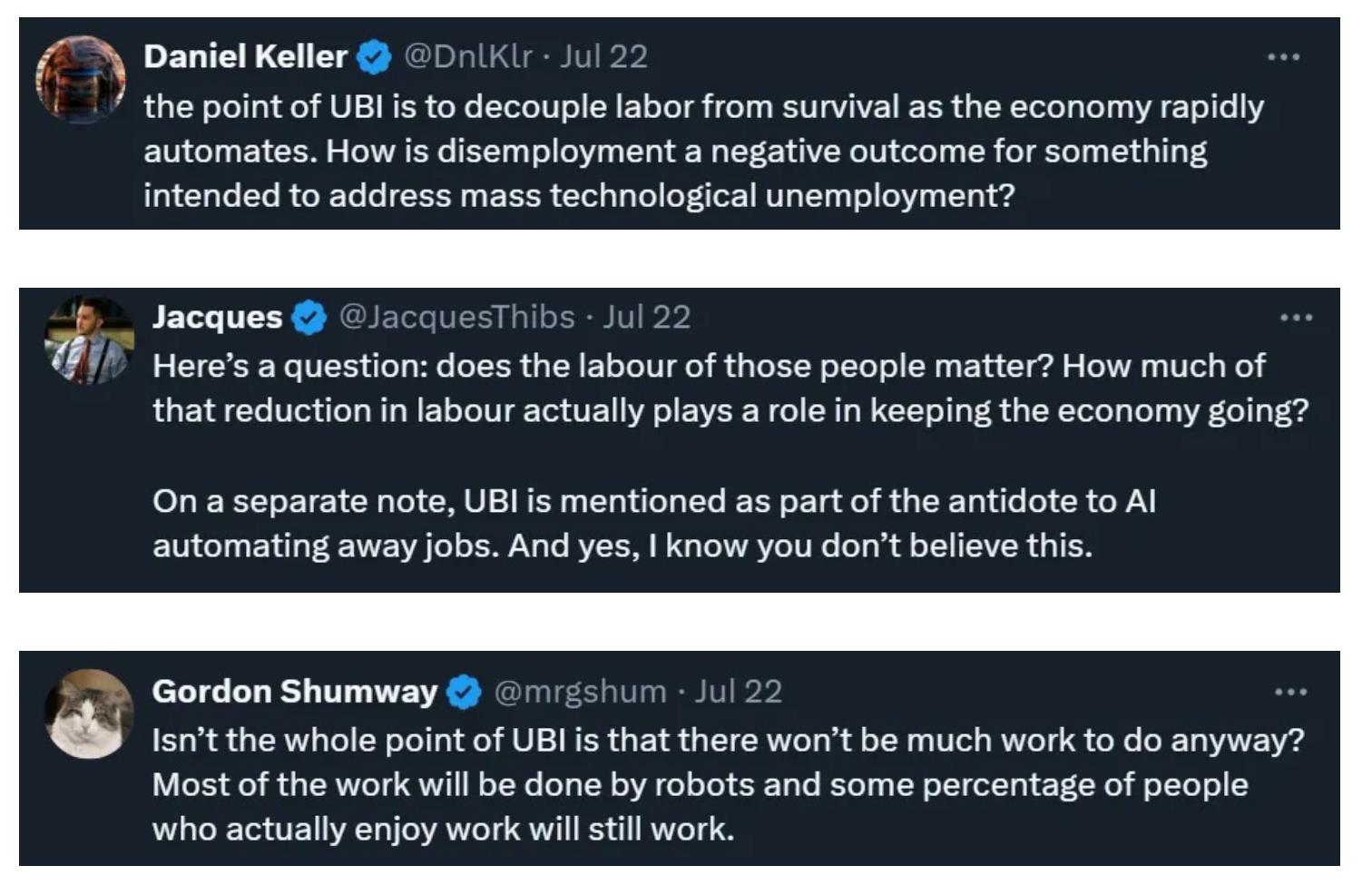
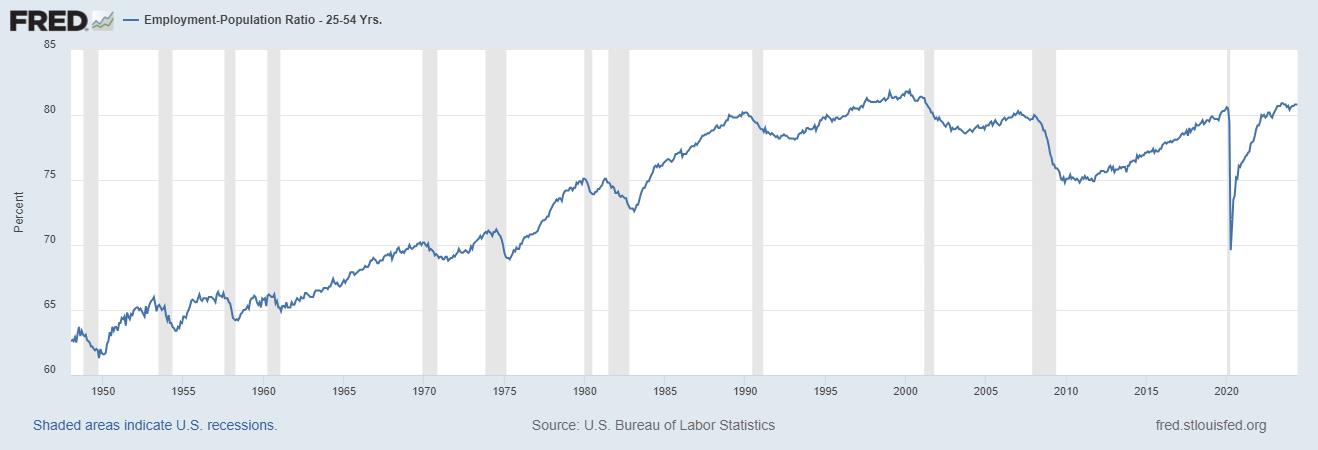
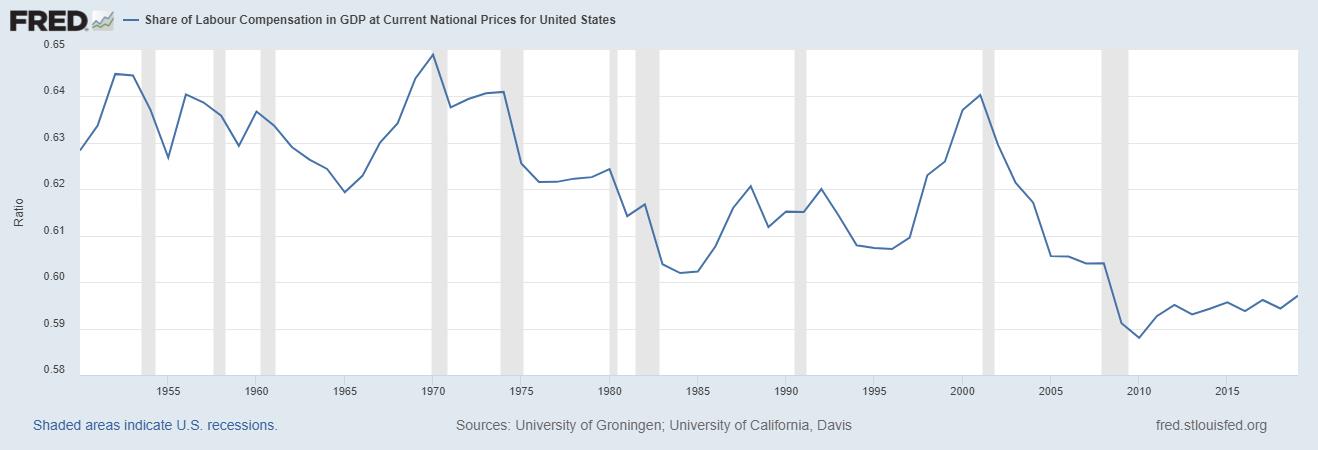

















Comments
No comment